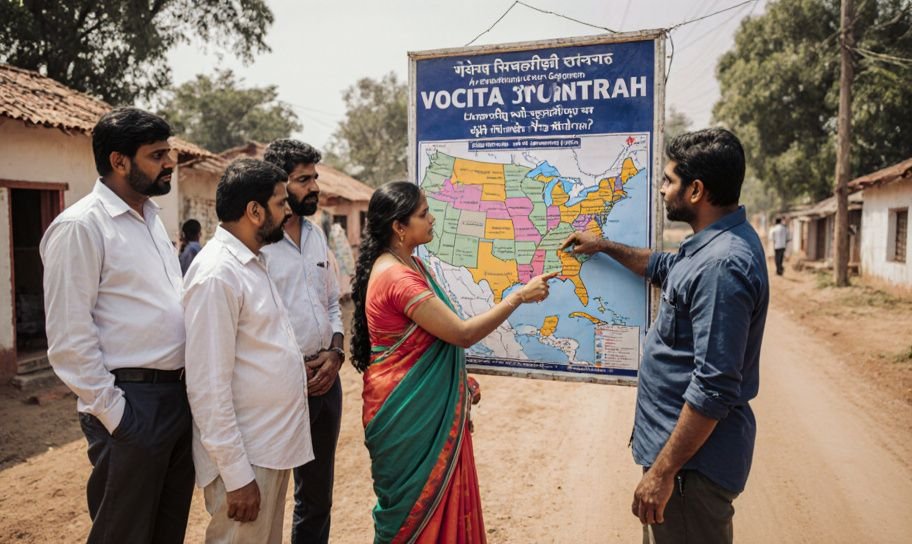
Quick Summary: The Bombay High Court rejected several requests to change the final decisions about how voting areas are divided for local elections in Maharashtra. The court stressed that they have limited power to interfere in election matters and must stick to election schedules.
Ashwini Dnyaneshwar Chavare and others filed requests to challenge the final decisions on how voting areas were formed in different parts of Maharashtra. Chavare claimed that the process was unfair and helped certain political parties.
The court, with Judges Manish Pitale and Y.G. Khobragade, pointed out that they have limited power to get involved in election issues. They mentioned past decisions by the Supreme Court that prevent judges from getting involved in how voting areas are set up unless there's a clear breaking of rules.
“The Supreme Court has emphasized upon the need to hold elections in a democracy, so that local self-government, contemplated under the scheme of the Constitution, is achieved at the earliest.”
The court looked at the Government Order dated 12.06.2025, which explained how to set up voting areas. The order said to follow natural boundaries, keep the population balanced, and consider other factors. The court found that the process and timelines were followed correctly, dismissing claims of unfairness.
Kalamnuri, Hingoli District: Chavare’s complaints were considered, but the court found nothing unfair in the final decision.
Jamkhed, Ahilyanagar District: Chavare did not initially complain about the draft; the court found no reason for later complaints.
Mahur, Nanded District: Changes in voting areas were justified by keeping the population balanced and areas connected.
The court decided that the process for setting up voting areas, although challenged, followed the rules. The judges emphasized that any interference could mess up the election process, which the Supreme Court had directed to be done quickly.
“Considering the narrow scope of interference in writ jurisdiction in such matters, we are of the opinion that Chavare has failed to make out a case in their favour.”
The court’s decision to support the final notifications means that local elections in Maharashtra can go ahead without any more delays, following the Supreme Court’s order to hold elections within a certain time.